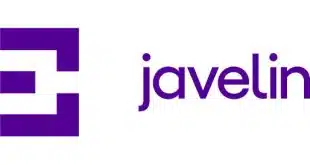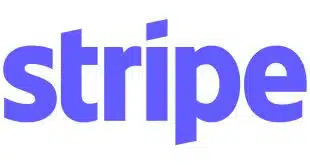It’s back-to-school time, and that means it’s also time for college-age students and their parents to pay tuition charges. Most of the largest private, public, and community colleges accept credit cards for these charges, but a growing majority of these institutions also assess hefty so-called convenience fees to cardholders, according to a study conducted this month by Creditcards.com and released Wednesday.
Of the 300 largest institutions surveyed, 255 accept cards from at least some part of their student population. Of these, 145 schools, or 57%, charge a fee, with the average levy pegged at 2.62% and the most common fee coming in at 2.75%. That count of fee-charging schools is up slightly from 142 in a similar survey, also involving the 300 largest institutions, that Creditcards.com conducted two years ago.
Unlike most merchants, which absorb card-acceptance costs in the overall cost of goods they sell, schools are increasingly recovering the costs or passing them on from their processors, according to the study. “For a lot of these schools, the school never gets their hands on that money,” says Matt Schulz, a senior analyst at Creditcards.com, an Austin, Texas-based unit of Bankrate.com that hosts an online marketplace for credit cards. “This is not a profit thing. The money goes straight to a third party.”
Nonetheless, many students and parents can be taken aback when the bill comes with s separate line item for the convenience fee, Schulz tells Digital Transactions News. “Most people think that would be baked into the cost of what they might buy,” he says. The survey found that, with at least eight schools charging a fee, a student who drops a class or two may get a tuition reimbursement but he won’t get the fee refunded.
Community colleges are least likely to charge a convenience fee, while public four-year schools are most likely. Among the former, 89% accept cards without a fee, while 8% charge. Just 3% do not accept cards. Among the latter, the corresponding percentages are 6%, 86%, and 8%. Private schools are in the middle at 14%, 51%, and 35%.
Schulz attributes community colleges’ relatively low tendency to charge fees for credit card acceptance to competition among those schools for students. “They want to make it as easy as possible,” he says, for students to take classes. Also, the schools’ lower tuition costs may lend themselves to credit card payment. “The higher the cost, the less likely you are to think of paying that bill with a credit card,” he says.
Certainly, some students might want to pay hefty tuition costs with a credit card to earn rewards points, but the study notes that convenience fees generally wipe out that benefit.
While U.S. college students are wrestling with convenience fees on credit card payments, international students studying at U.S. institutions are finding themselves the targets of a particularly nasty credit card scam, according to Flywire (formerly peerTransfer), a Boston-based company that specializes in electronic payments for school costs.
In the scam, fraudsters gull students into handing over their passwords and user names for their college accounts by promising them deep discounts on tuition and other fees. The criminals log in and pay the students’ bills with stolen credit card numbers, then require immediate reimbursement in cash or wire transfers from the students, less the imaginary discount. Once the schools catch on, the tricked students face paying the bill a second time, this time without the “discount.”
So far, such incidents have been reported at the University of Washington and at Michigan State University.




